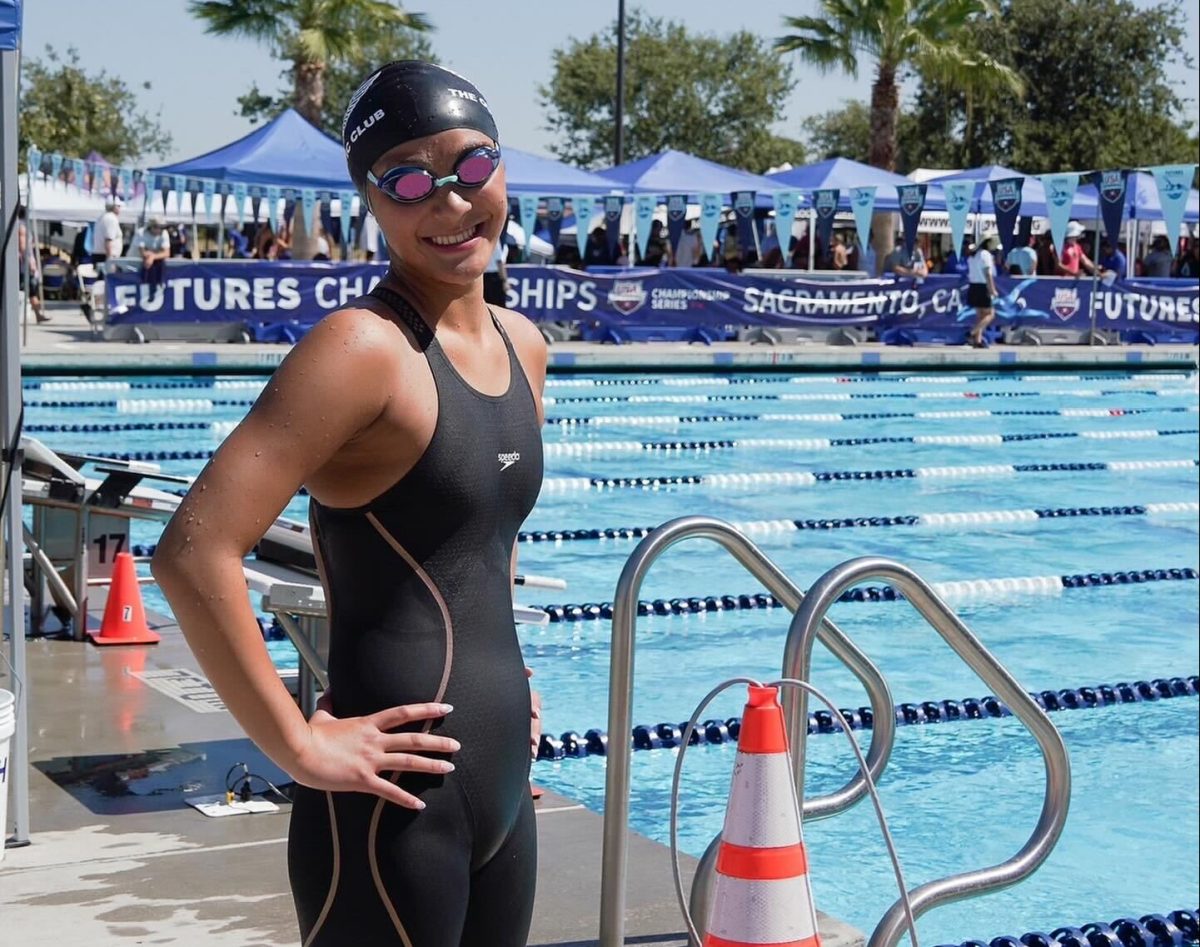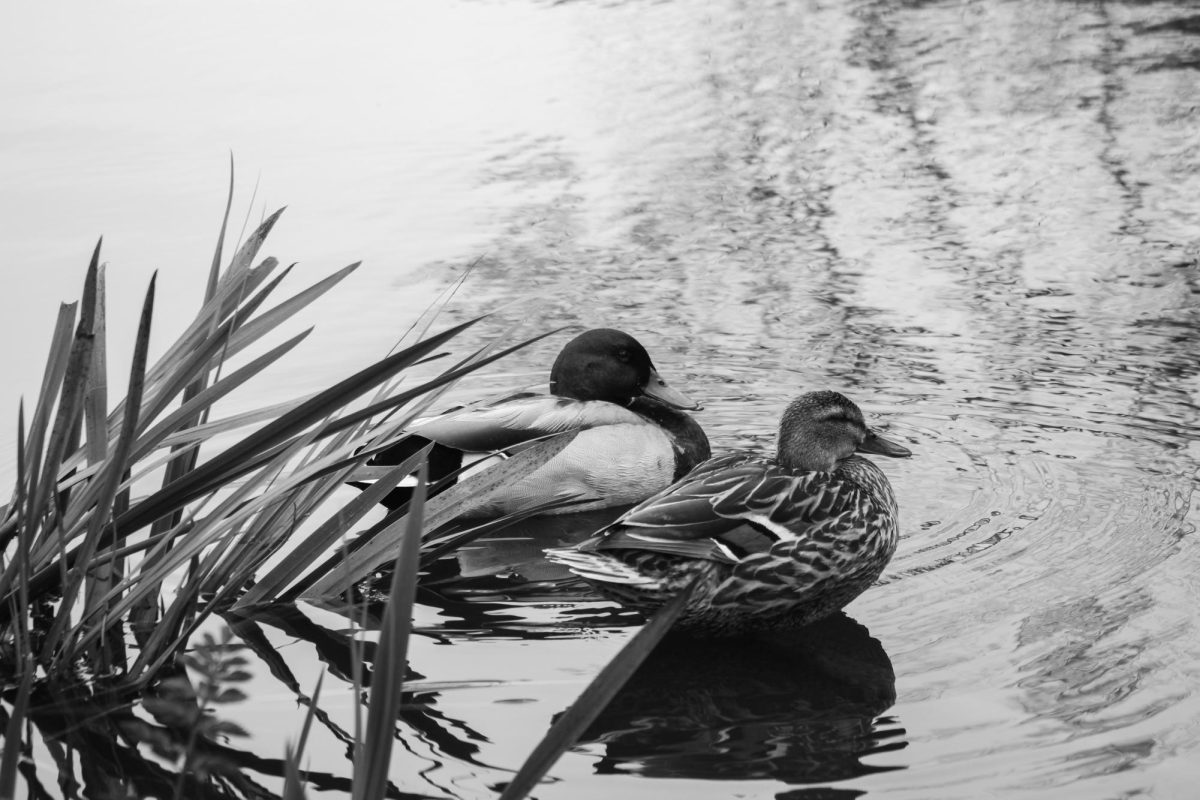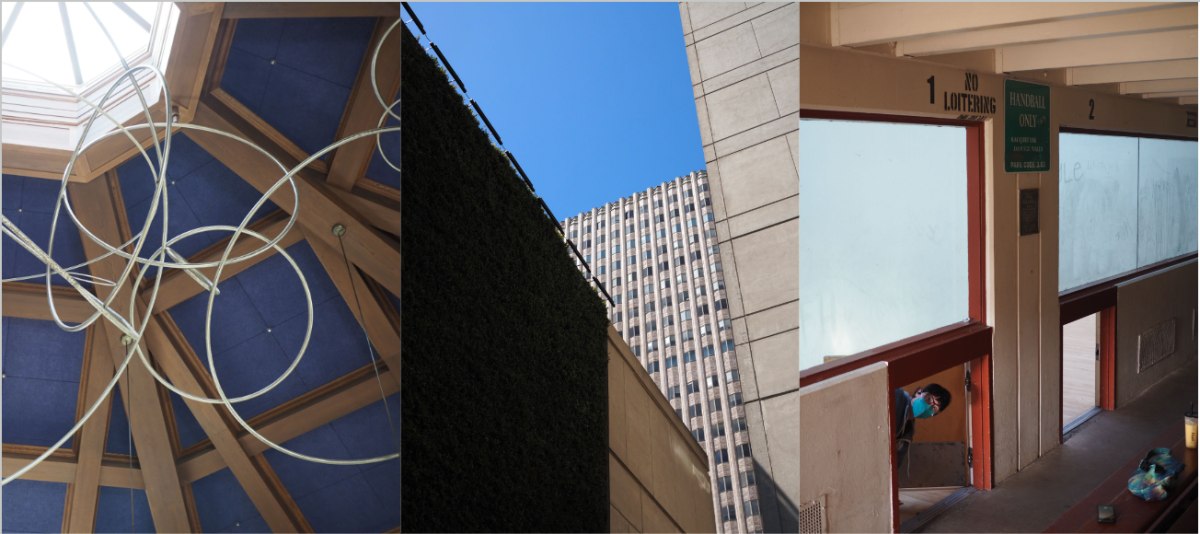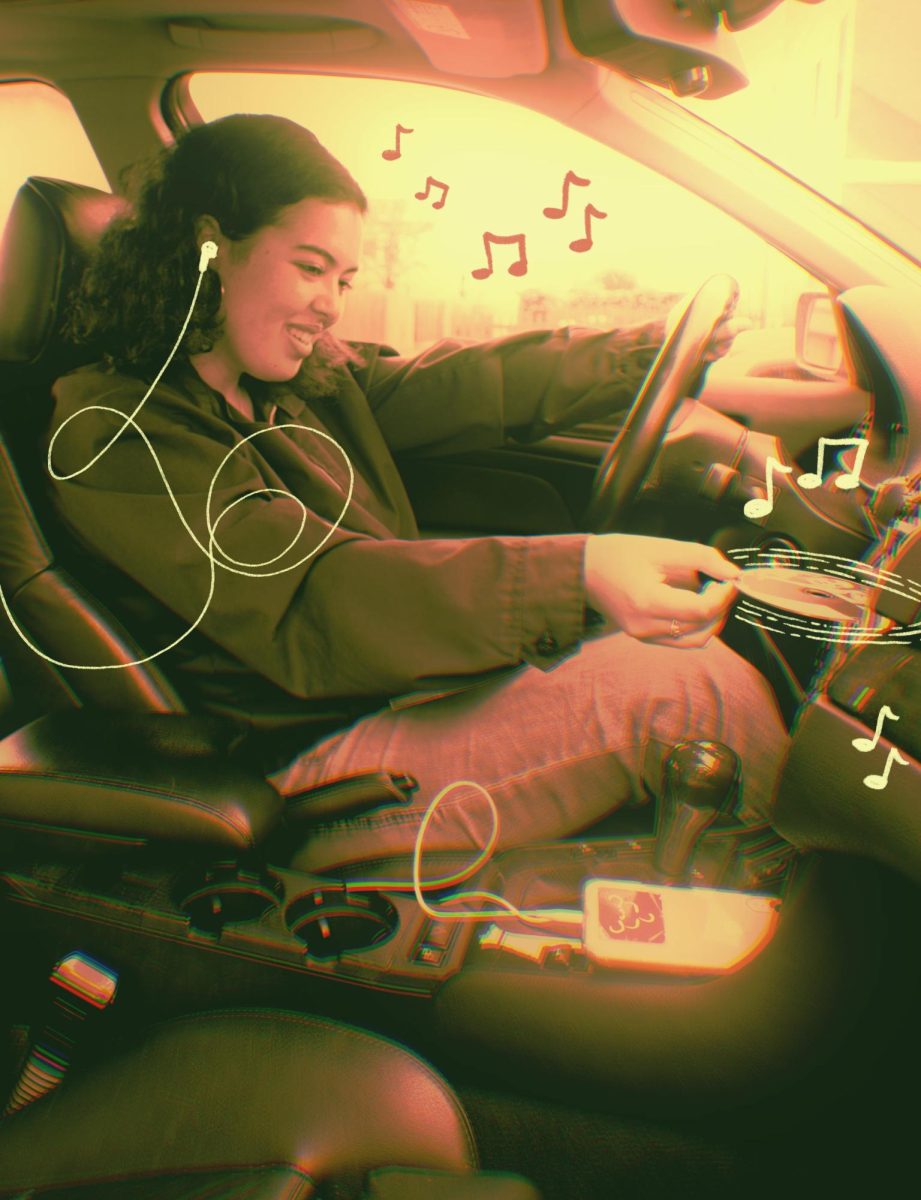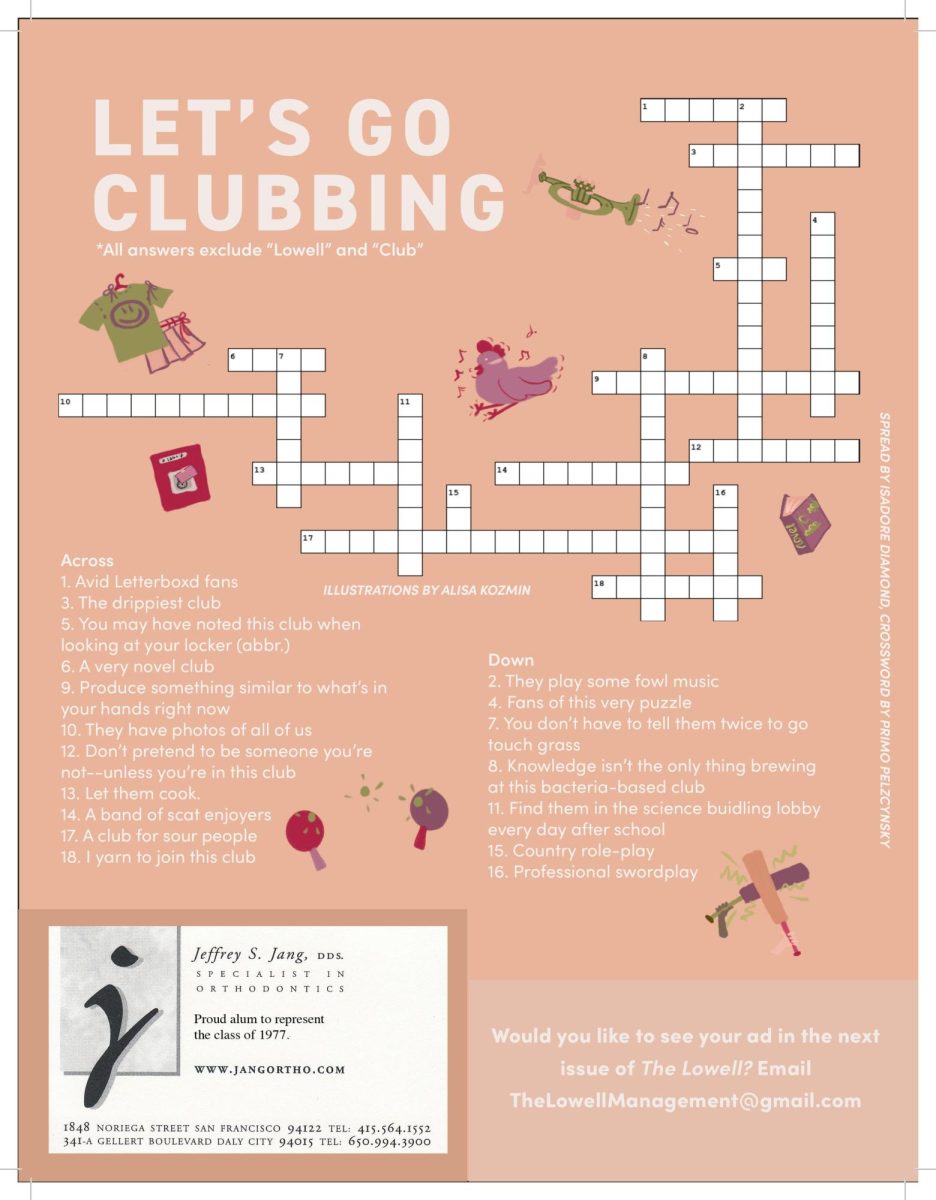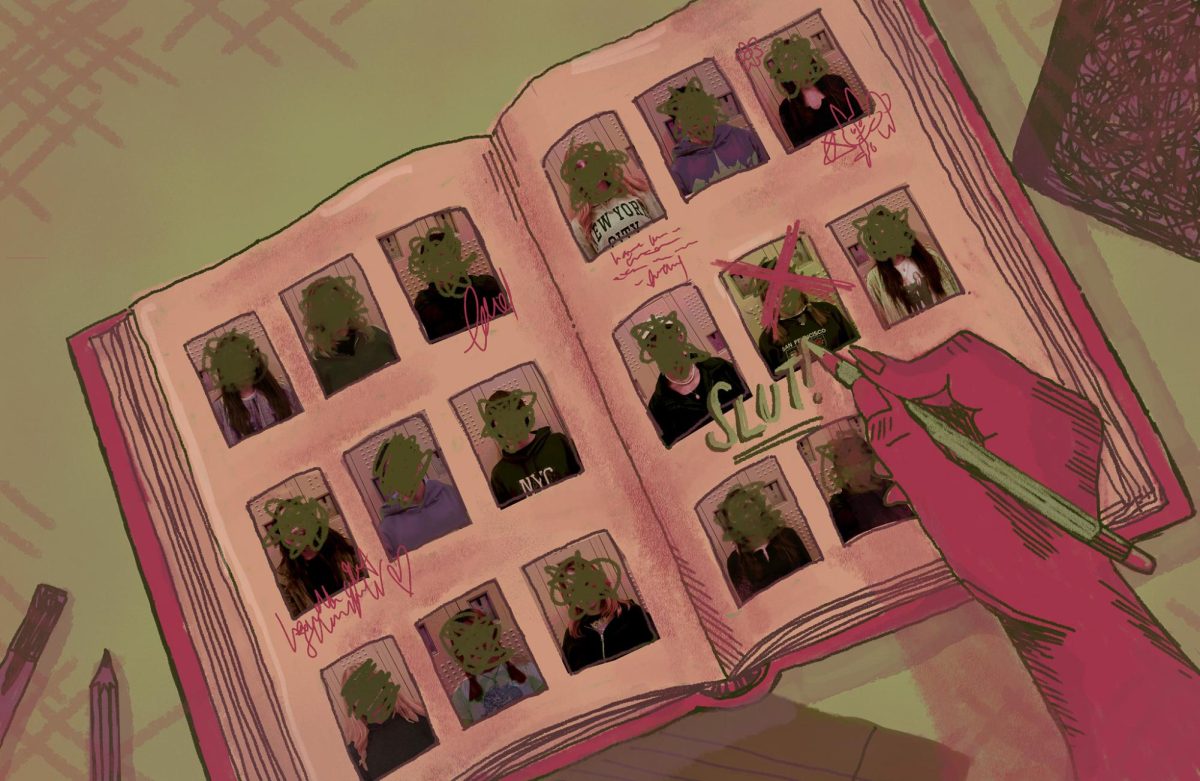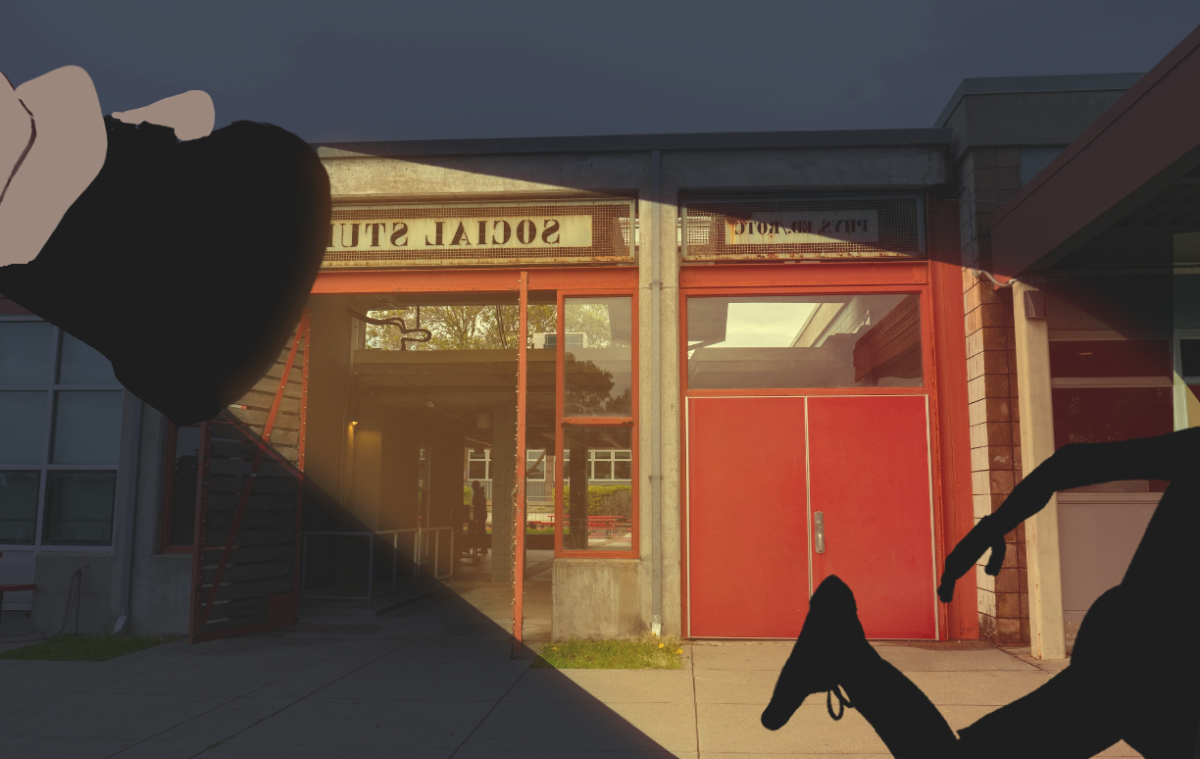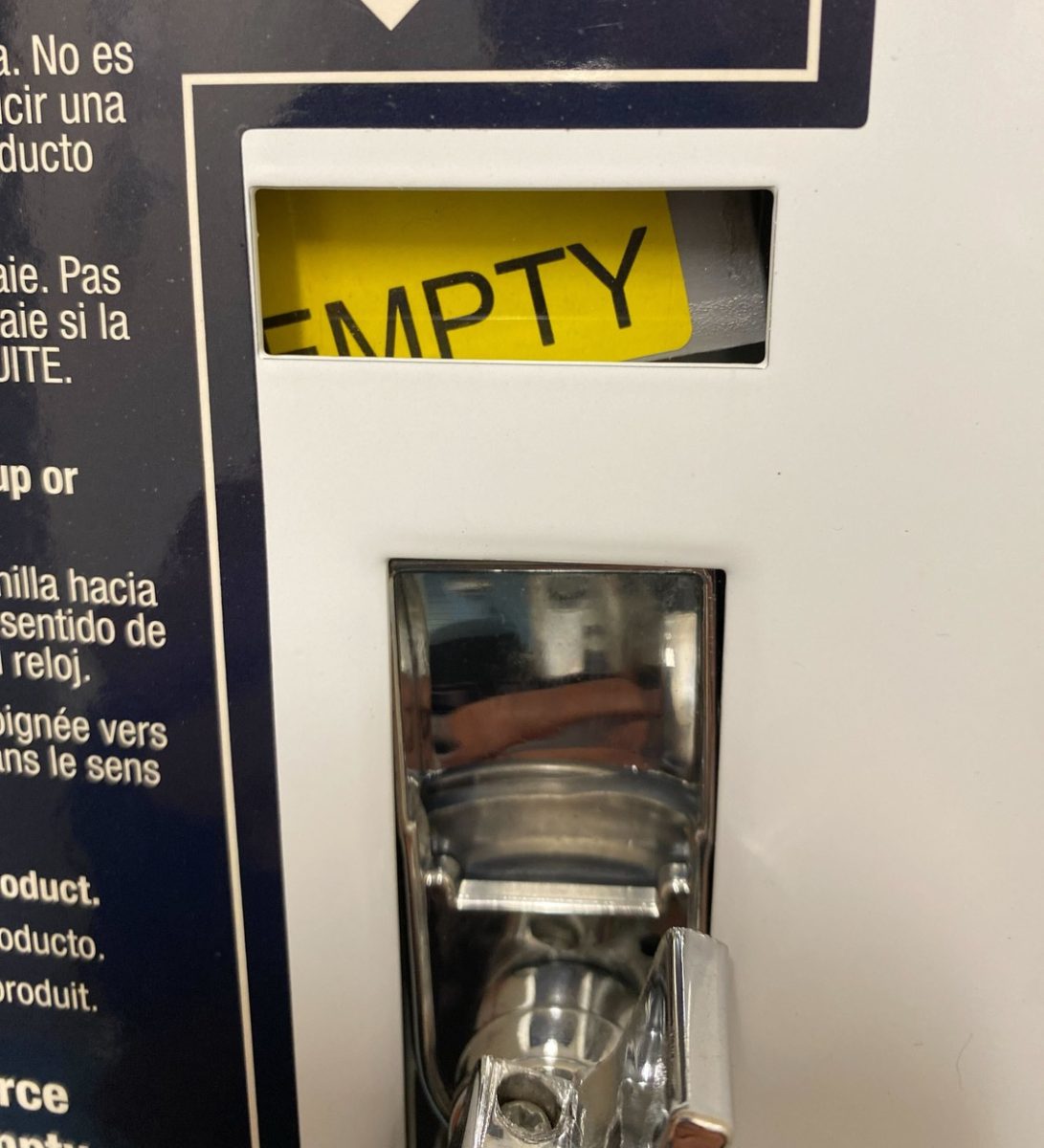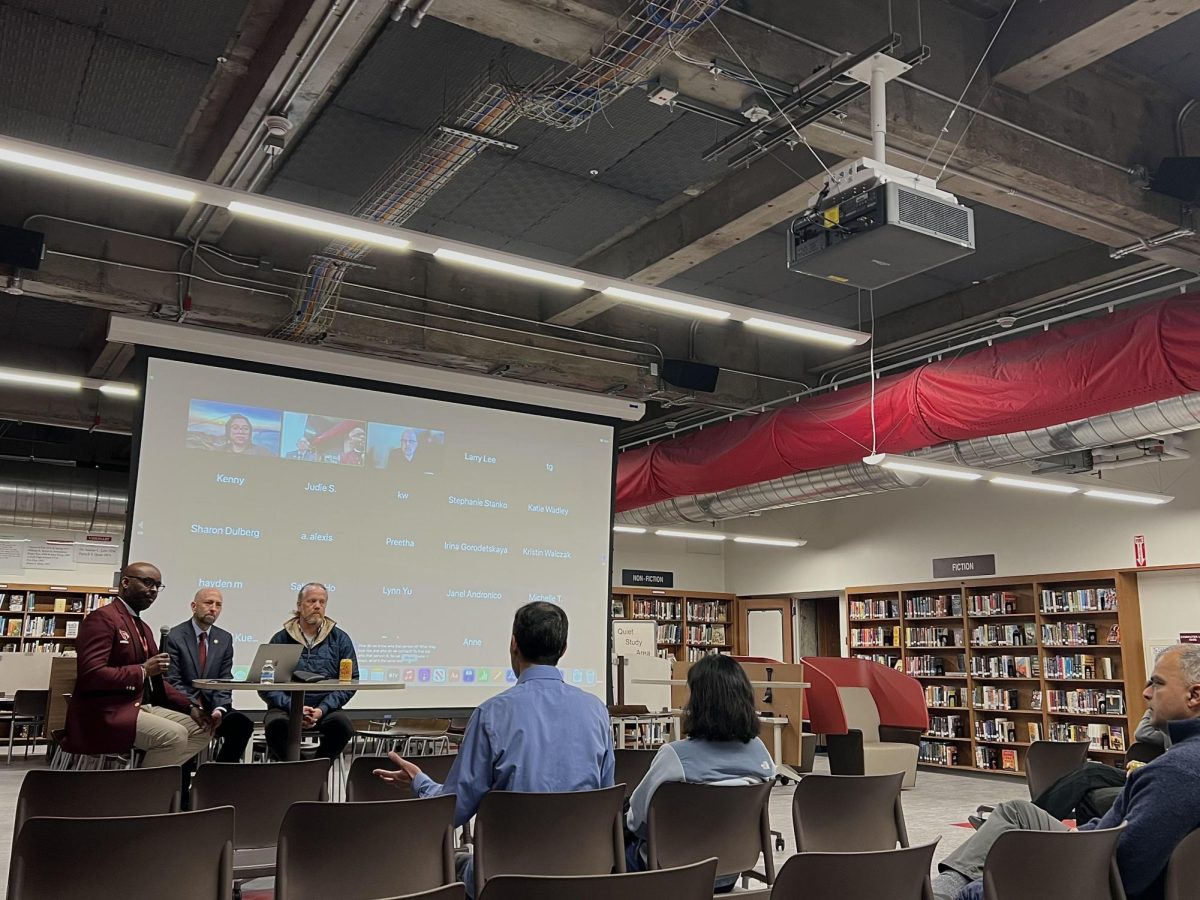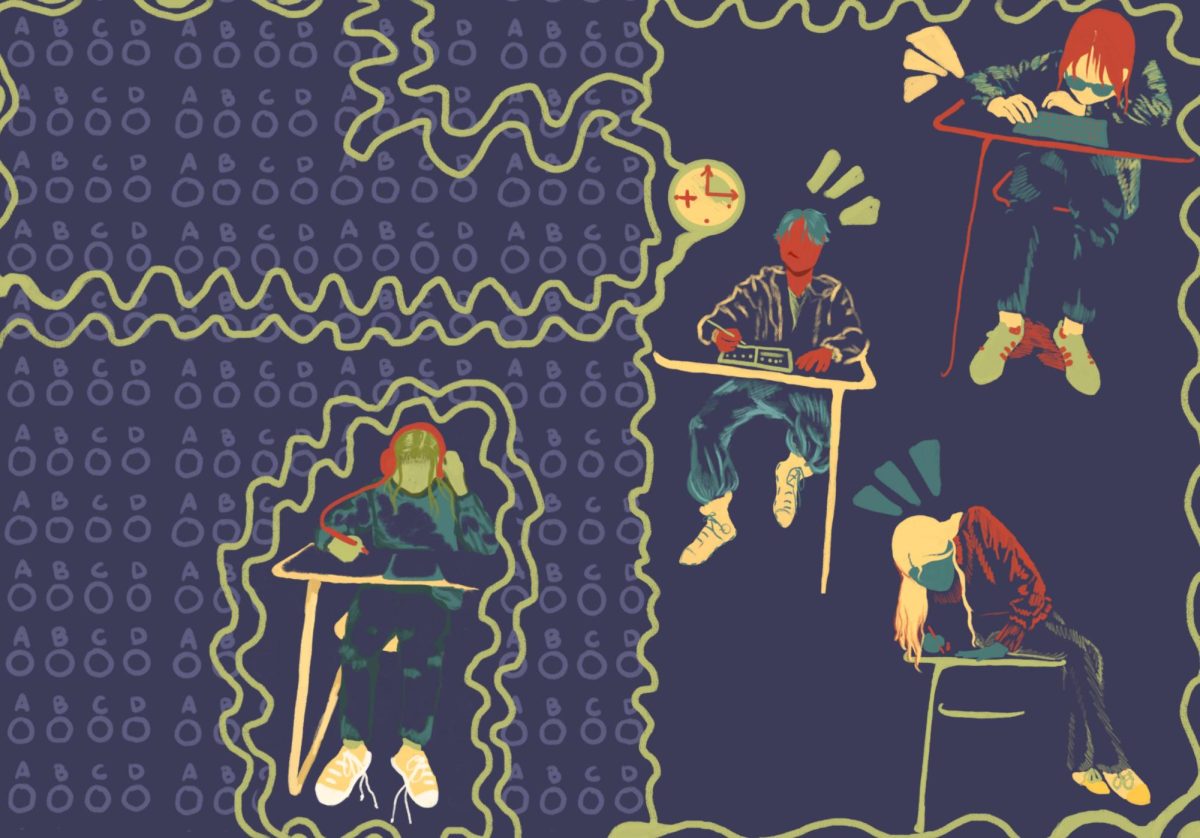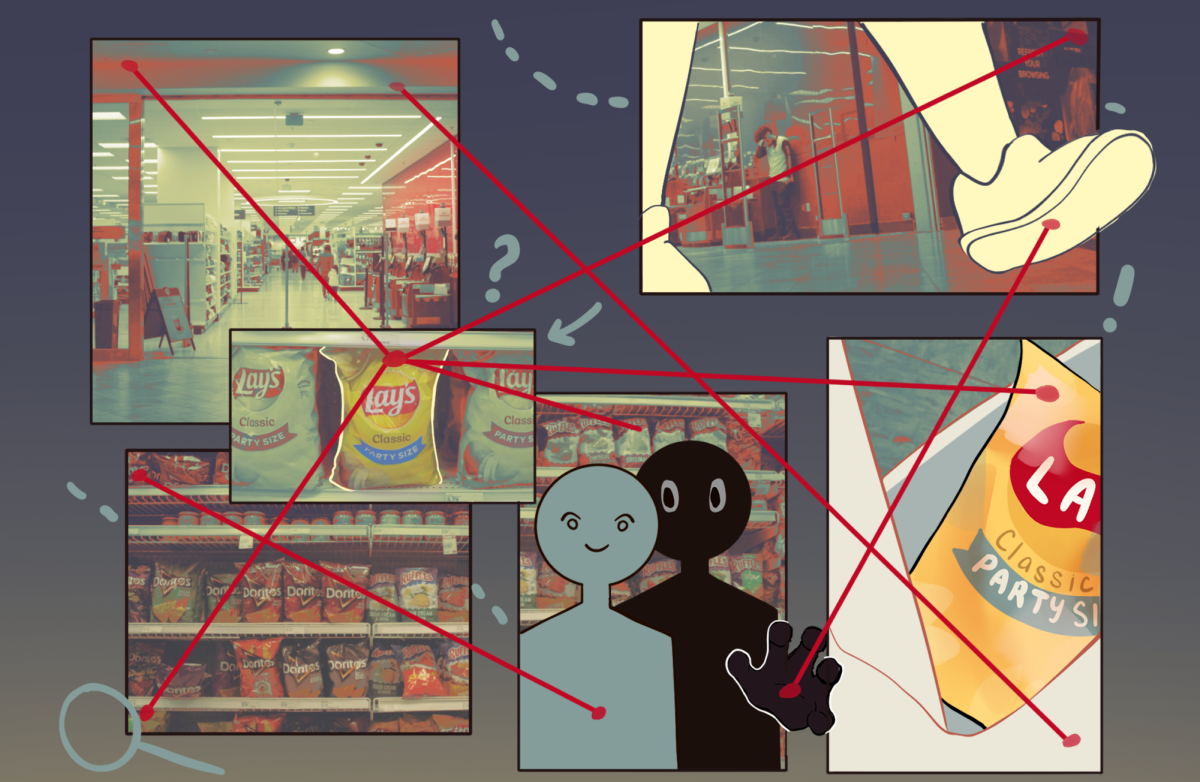Originally published on March 12, 2015
“Are faith, trust, and hope good?”
A group of students sit huddled around a computer in the center of a classroom, their voices overlapping. One voice rises above the rest. Club president senior Soli Alpert stands up as he verbalizes his opinion on the matter.
“Faith is belief without evidence, whereas trust is belief with evidence, and hope is just wanting something to happen,” he says. “Hope is good, and trust is good, but there isn’t anything intrinsically good about faith.” He barely finishes his statement before several other club members jump in, all eager to disagree.
These highly opinionated discussions are a common occurrence in the Philosophy and Theology Club, the school’s only club dedicated solely to religious debate. Many of the club members, including Alpert, are open agnostics, who do not have any religious affiliation and are neutral toward belief in God’s existence, or atheists, who believe that God does not exist.
At the club’s first meeting, the members considered naming the club Godless Order of Secularists and Humanists, or GOSH for short, according to vice president Zoe Kaiser. However, the idea was scrapped, and Philosophy and Theology Club was born.
“Getting exposed to the different religions and views here really helped me feel more comfortable in my own identity as an agnostic.”
Alpert, tired of being invalidated whenever he shared his views on religion, decided to create an environment where students could openly express their opinions on theology, the study of religion, without fear of being judged because of their religious affiliations. “Being an atheist is difficult because people often say that non-religious people lack any sort of faith,” Alpert said. “They’re usually depicted negatively in the media, and no one really pays it any mind. But this club is a safe space for kids to display their lack of religion.”
Every week, club members participate in detailed conversations about theology and its impact on modern life, according to senior member Sarah Pollock. In addition, they research and learn about world religions like Zoroastrianism and play theology-themed games. “A couple weeks ago, we played a game kind of like Heads Up!, where you have a name on your head and you try to guess what it is based on clues other people give you,” Alpert said. “To add our club’s twist on it, our topic was religious figures, so we had to guess people like Jesus and Abraham.”
The members have had several meaningful discussions about theology’s role in society in their previous meetings. From debating whether or not faith is inherently good or bad to conferring if religion is beneficial to society and how it affects the individual, club members always have something substantial to think about. “One of our early discussions was about how religion affects both society and individuals,” Alpert said. “We came to the conclusion that religion is inherently bad for society at this point in time, but it isn’t so for the individual who practices it. Religion in the past has been a positive thing, because it culminated a community and prevented conflict. However, in the modern era, there are ways to accomplish the same things through our government for the public good. They’ve sort of supplanted religion, which is now this older practice that’s no longer necessary.”
“There are clubs at school for religious institutions, but there aren’t a lot of places where people can be openly non-religious in a supportive community.”
The club is for both non-religious and religious students alike, despite its name. The more the students’ views differ, the more interesting their discussions are, according to Alpert.
Pollock agrees, as she identifies as Jewish and often disagrees with agnostic members. “I’m not an atheist or agnostic, but I’m here because I think that open debate about religion is very important,” Pollock said. “We don’t always agree, but we never fail to find a compromise, and that’s one of the great parts of the club.”
Even the non-religious members of the club have a wide range of diverse opinions and viewpoints, according to senior member Sarah Thornburg. Many of the members come from religious backgrounds, even if they currently identify as atheist or agnostic. “Both sides of my family are Jewish, but I never really connected with the religion,” Alpert said. “Starting in middle school, I started identifying myself as an atheist.”
Regardless of their religious identity, all the club members broaden their horizons by researching online and exploring the perspectives of everyone from complete atheists to followers of large world religions such as Islam. “Getting exposed to the different religions and views here really helped me feel more comfortable in my own identity as an agnostic,” Thornburg said. “It’s really wonderful to be surrounded by people who are upfront about religion and open minded to other views outside of atheism as well.”
Alpert came up with the idea for the club at the end of last summer, after being inspired by clubs such as Jew Crew and Agape Club, which is named after the Christian love of God. “There are clubs at school for religious institutions, but there aren’t a lot of places where people can be openly non-religious in a supportive community,” Alpert said. “This club is different because we’re very open-minded to all opinions, and we know that we have the potential to be wrong.”


